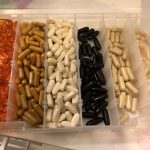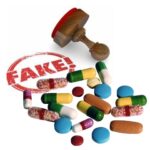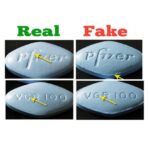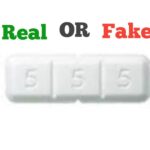What Are The 5 Effects Of Fake Drugs?
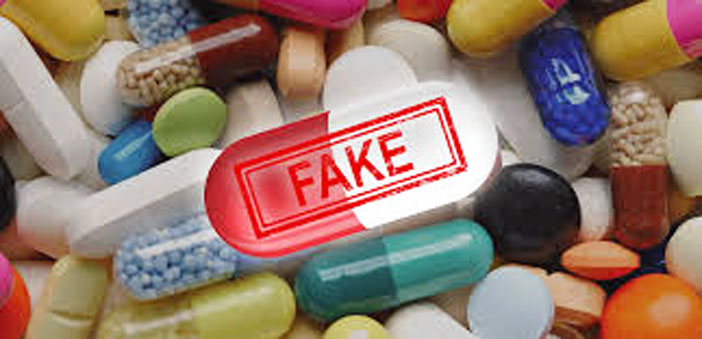
Fake drug refers to any medication or pharmaceutical item which is produced and sold with the intent to deceptively represent its origin, authenticity or effectiveness. A counterfeit drug may contain inappropriate quantities of active ingredients, or none, may be improperly processed within the body (e.g., absorption by the body), may contain ingredients that are not on the label (which may or may not be harmful), or may be supplied with inaccurate or fake packaging and labeling. Counterfeit drugs are related to pharma fraud.
The adulteration and fraudulent manufacture of medicines is an old problem, vastly aggravated by modern manufacturing and trade. In the last decade, impotent antimicrobial drugs have compromised the treatment of many deadly diseases in poor countries. More recently, negligent production at a Massachusetts compounding pharmacy sickened hundreds of Americans. While the national drugs regulatory authority is responsible for the safety of a country’s drug supply, no single country can entirely guarantee this today.
What are the 5 effects of fake drugs?
Loss of lives: substandard and falsified antimalarials cause an estimated 116,000 deaths annually in sub-Saharan Africa, according to a WHO study. The underlying report’s focus is mostly on medicines that have been fraudulently manufactured. These medical products deliberately endanger the health of patients when containing no or false active ingredients.
Financial Loss: In addition, there is financial damage for patients, but also for companies and the economy as a whole. In the case of antimalarials in sub-Saharan Africa, the estimated annual cost to patients and health care is $38.5 million due to additional aftercare. In turn, substitute ingredients added to falsified medicines can pose additional health risks that require further and longer treatment. Scandals about fake drugs and ineffective and harmful therapies also undermine trust in the health care system. Those affected may use its services less often or only very late.
Drug Resistance: fake and poor-quality medicines compromise the treatment of chronic and infectious diseases, causing disease progression, drug resistance. The most common substandard/counterfeit antimicrobials include antibiotics) and antimalarials most of which have a reduced amount of the active ingredients. It is well established that subtherapeutic doses of medicines play a role in antimicrobial resistance, this how substandard medicines directly drive the emergence of resistance genes in pathogens.
Destroys Economies and Livelihoods: The impact of counterfeits on legitimate producers are multiple, including lost sales, costs of protecting brands, loss of reputation, the potential cost of managing the disposal of counterfeits and litigation costs involving counterfeiters and possibly people who were unknowingly victimized by counterfeits. The challenges are alluded to in corporate reports, albeit in a general manner. For example, one of the five largest pharmaceutical companies – Pfizer – mentioned counterfeiting in its 2019 annual financial report , although not in its general annual report. In the financial report, the company includes a section on counterfeit products, containing general information on the challenges it faces, and noting the efforts it has taken to address the situation.
Burden of Adverse Effects and Treatment failure: adverse effects from incorrect active ingredients and failure to cure or prevent future disease, increase mortality, morbidity and the prevalence of disease. The effect of fake Xanax in the United States is a good example. The main culprit in the reported cases of adverse events especially overdoses related Xanax has been linked to the replacement of the real active ingredient (alprazolam) with fentanyl by fake drug manufacturers. Fentanyl is a powerful synthetic opioid that is similar to morphine but is 50 to 100 times more potent. Because only a few grains is enough to kill, fentanyl is causing high rates of overdose and overdose deaths.

